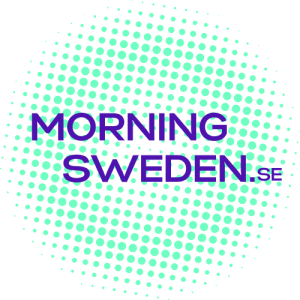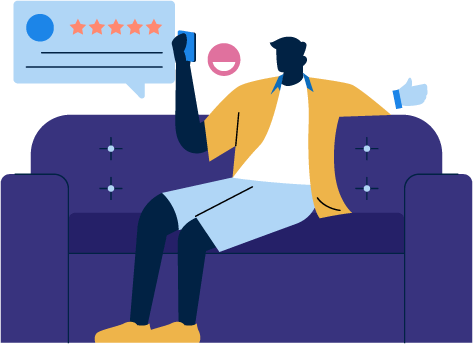“New Guidelines Aims to Improve Eating Disorders Care in Sweden”
The knowledge about different types of eating disorders is often limited, and patients frequently experience long waiting times for medical assistance. The Swedish National Board of Health has now introduced national guidelines for the treatment of eating disorders for the first time.
It is estimated that more than 200,000 individuals suffer from some form of eating disorder in Sweden. One of the problems faced by these patients is that their conditions often go unnoticed in the healthcare system. Moreover, the kind of care provided differs significantly across regions.
Most people are familiar with anorexia and bulimia, but less is known about binge eating disorder and Avoidant/Restrictive Food Intake Disorder (ARFID). ARFID is a selective eating disorder marked by difficulty feeling hunger and an aversion to certain foods.
The National Board of Health’s new guidelines aim to address these discrepancies in care. “Eating disorders are a significant public health issue, but many who suffer from them don’t get the care they require. We know that knowledge about the different types of eating disorders is lacking, and resources in many areas are insufficient,” says Sofia von Malortie, Head of Unit at the National Board of Health.
The guidelines emphasize the importance of increased knowledge in health and medical care, multiple treatment options, and more individualized care. If you are under 18, you can reach out to a healthcare center, youth clinic, school health service, or children and youth psychiatry (BUP) where you live. If you are an adult, you can book an appointment at any healthcare center, psychiatric clinic or with your employee healthcare provider.
Those up to 20-25 can also contact a youth clinic. In more and more regions, there are special eating disorder clinics. Some of these require a referral from school health services or a healthcare center, while others accept self-referrals.
There are also several associations that offer support via phone, chat, or email. Examples include Frisk and Fri (the National Association Against Eating Disorders) and Shedo, an association specialized in both eating disorders and self-harm behavior.
Never forget: if you or someone you know is struggling, help is available. There’s no shame in reaching out. A simple phone call can be the first step towards recovery.


